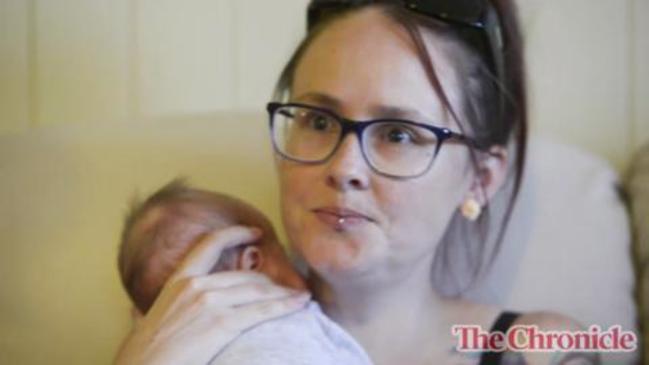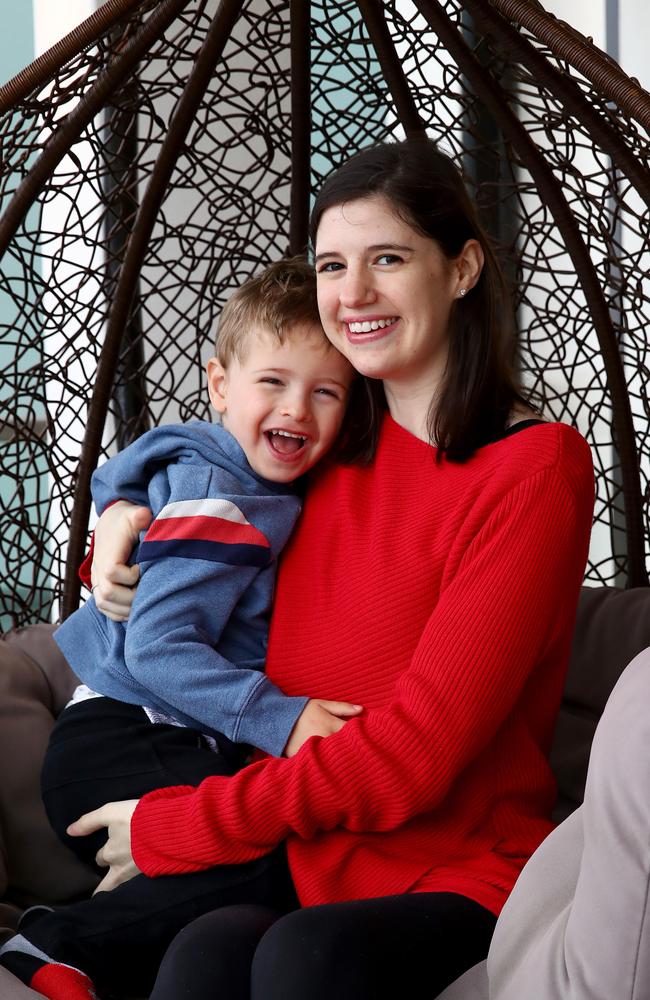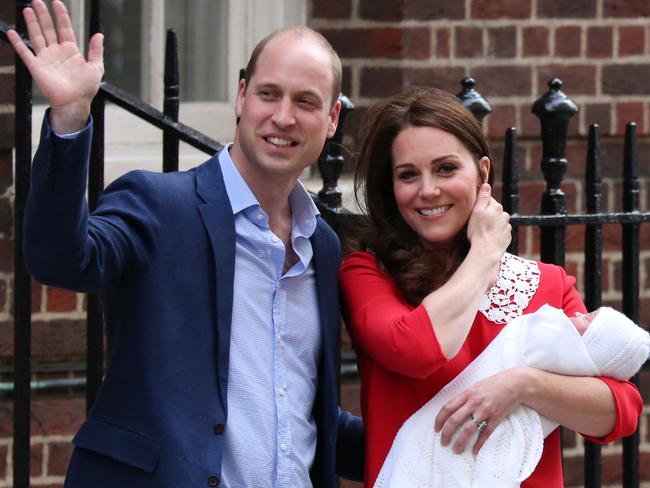Budget boost for pregnant women with hyperemesis gravidarum like Duchess of Cambridge
In Australia, a third of women who suffer extreme morning sickness consider terminating their pregnancy. With so little known about the debilitating condition, some go through with it.

NSW
Don't miss out on the headlines from NSW. Followed categories will be added to My News.
Shayna Wolman knows exactly how Kate Middleton felt when she described being pregnant with Prince George as “utterly rotten”.
In Australia almost a third of women suffering, like the Duchess of Cambridge, from “extreme morning sickness” — or hyperemesis gravidarum — consider terminating their pregnancy. Some go through with it.
Others unable to stand the smell or taste of food battle extreme weight loss, dehydration and mental despair from feeling sick for months.

Dr Wolman, of North Bondi, was shocked, even though she was a trainee doctor, at how ill she became during her pregnancy. She lost so much weight from being unable to eat that she ended up passing out.
“I think people have this idea that you do have nausea during pregnancy. But looking back, I really needed help. I couldn’t eat. The smell of food would set me off,” she said.
At her lowest she pondered how a miscarriage might provide relief.
“I thought it would be much easier. I would be much happier if it didn’t continue. That’s how low I got,” she said. “I just spent most of my time over the toilet. I couldn’t sleep, I felt trapped. It was a nightmare.”
The 29-year-old, expecting her second child and again battling the condition, is this time receiving help from specialists making the pregnancy more manageable.
Not much is known about the debilitating condition that affects about 1 in 100 Australian women.
But in a move to be welcomed by sufferers, NSW Treasurer Dominic Perrottet has set aside $17 million in the upcoming State Budget towards education and research. The funding will also allow women to receive treatment at home instead of spending weeks in hospital.

“The Duchess of Cambridge has done much to shine a light on this debilitating disease which saw her hospitalised with severe morning sickness,” Mr Perrottet said.
“Hyperemesis affects hundreds of women in NSW every year, and in some cases it can have a profound impact on their physical, mental, social and financial wellbeing.”
Dr Sandra Lowe, an Associate Professor and Visiting Obstetric Physician at the Royal Hospital for Women in Randwick and the Prince of Wales Private Hospital, has been helping sufferers such as Dr Wolman for more than 25 years.
She said lack of awareness was a major problem — even some doctors were unaware of how debilitating the condition could become.
“Women are totally unable to function, and are even contemplating termination. Some do, but people around them are telling them it’s just morning sickness,” Dr Lowe said.
“There is treatment from eating more frequently if the symptoms are milder to anti-nausea drugs.
“We try very hard not to have the women in hospital, but only a few places offer outpatient intravenous fluids, something we are very keen to see expand.”

